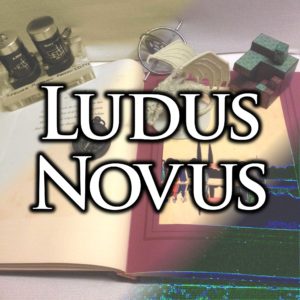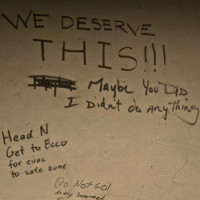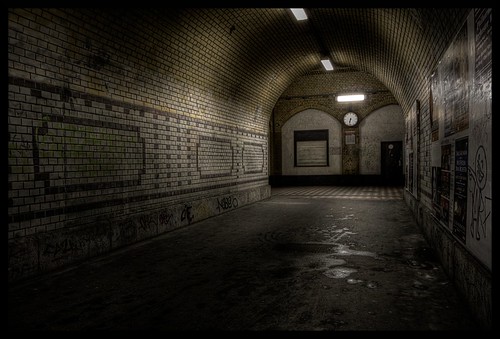This world is not as it should be. There is no truth. Reality is what we believe it to be. If you think you can fly, then that flight is real to you. Others may see you plummet and die, but you might live on, soaring above the clouds. Anyone can dream, but it takes someone special to make those dreams real.
Here is the release of my May game: LORE, the Lightweight Omnipotent Roleplaying Engine, and its first sourcebook, Belief. Together, they form my first tabletop roleplaying game system.
LORE is an attempt to address some of the common problems with tabletop RPGs. It has an interesting dice system; a quick, easy, and original character creation system; and a system that’s lightweight, because roleplaying happens beyond the rules.
Belief is a game about changing reality, about subjective viewpoints, and about the search for a better world. It owes heavy debts to other sources, but it is its own being.
Both of these books are beta releases. They have been playtested, but not enough for me to say they’re finished. Please, read them, play them, and comment with anything you think I did especially right or that I could change for the better. I’ve provided them in bookmarked PDFs slavishly laid out for optimal printing at your local print shop, and they’re released under a Creative Commons by-nc-sa 3.0 License.
These are just the initial releases; I wanted to get them out and in people’s minds so that I could start getting feedback. Expect extras like quick reference sheets and maybe an adventure or three in the coming weeks and months.



